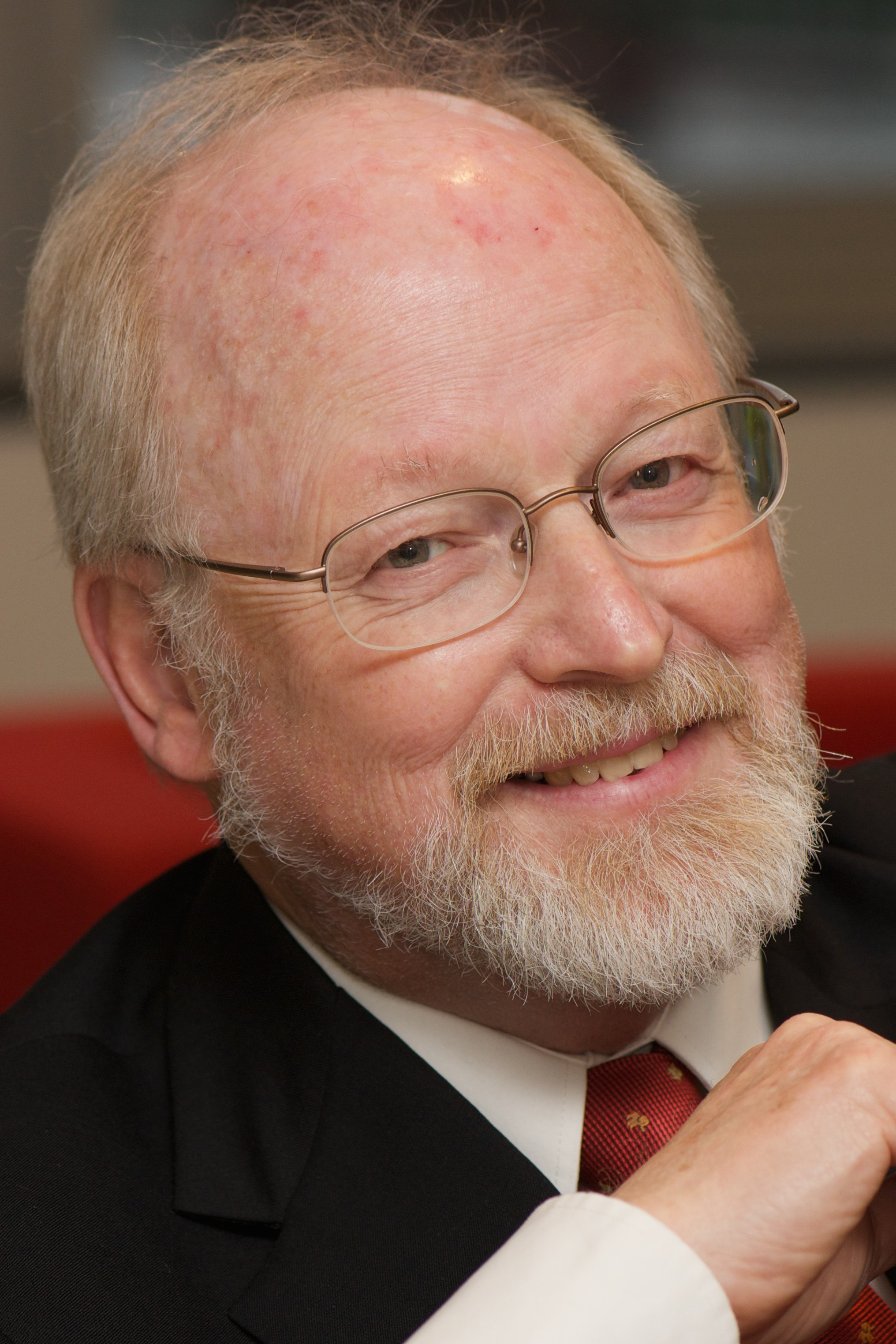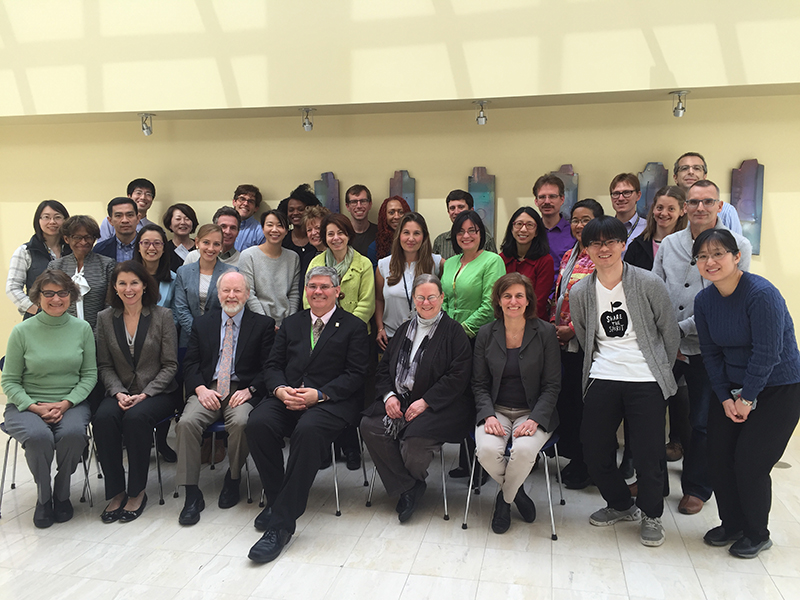

Led by world-renowned mixed methods experts, Michael D. Fetters, M.D., M.P.H., M.A., professor, and John W. Creswell, Ph.D., adjunct professor, the Department launched the Michigan Mixed Methods Research and Scholarship Program (M3RSP). The M3RSP brings together scholars at the University of Michigan with national and international expertise in mixed methods. According to the program’s co-director, Dr. Creswell, “We have the largest team of specialists in mixed methods ever assembled in the world at Michigan.” Current M3RSP members include faculty from U-M Medical School’s Departments of Family Medicine, Surgery, Urology, and Learning Health Sciences; U-M’s Schools of Education, Nursing, Social Work and Public Health; U-M’s Institute for Healthcare Policy & Innovation; U-M’s Department of Mathematics and the VA Ann Arbor Healthcare System.
M3RSP’s three missions are to provide:
- Consultation to Department faculty including researchers and educators seeking to use cutting-edge mixed methods research (MMR) and evaluation.
- Training in MMR through three yearly MMR design and evaluation workshops.
- MMR and evaluation methodology consultations to national and international scholars.
“At the M3RSP, we are very excited to be developing the latest approaches and innovation in MMR, as well as bringing those innovations to the Department, the broader U-M community, and many other scholars from across the country and around the world,” said Dr. Fetters.
Mixed methods research emerged as a third research paradigm along with quantitative and qualitative methods in the social, behavioral and health sciences. It uniquely integrates quantitative and qualitative methods to provide a comprehensive understanding of clinical and educational issues, along with other real-life problems.
“Mixed methods research is a powerful tool that leverages the strength of quantitative research and qualitative research and the integration of both approaches,” added Dr. Fetters. “Because of its powerful potential, interest in the mixed methods research has increased dramatically.”
The National Institutes for Health (NIH) increasingly views mixed methods proposals as cutting edge. The recent release of the NIH Mixed Methods Research Best Practices recommendations in August 2011 generated more than 19,000 hits in the first three weeks it was released (https://obssr.od.nih.gov/mixed_methods_research/). The working group behind these recommendations was co-led by Dr. Cresswell. Empirical MMR studies can be found in the journals of multiple disciplines.
The Veterans Health Administration has long required mixed methods designs for studies on implementation of evidence-based interventions, and has accelerated hiring of qualitative and mixed methods experts. Recently, medical educators have embraced the power of MMR for assessing and improving their teaching programs.
Since its launch in December 2015, program faculty have consulted on a number of projects inside and outside of the University, and continue to receive inquiries and requests for consulting service. Requests for workshops and lectures are also common. Some of the workshops to be conducted this year will be held in Denmark, Ireland, Japan and Thailand. One of the M3RSP’s newest members, Timothy Guetterman, Ph.D., post-doc research fellow, is currently designing a mixed methods course that will be the first of its kind at the University of Michigan.

This March, the M3RSP ran a successful workshop entitled, “Designing your Mixed Methods Research Project.” The inaugural workshop attracted scholars from U-M, and the broader research community including researchers from Indiana, Massachusetts, New Hampshire, Ohio, Puerto Rico, Japan, South Africa and Thailand. The hallmark of this workshop was the interactive-participatory approach where participants are given opportunities to put the ideas and concepts learned into practice through individual and small group activities.
The program will hold two more workshops this year, “Writing your Mixed Methods Research for Publication” on July 14-15 and “Mixed Methods Research in Clinical Trials” on November 10-12. For more information, please visit www.mixedmethods.org.


